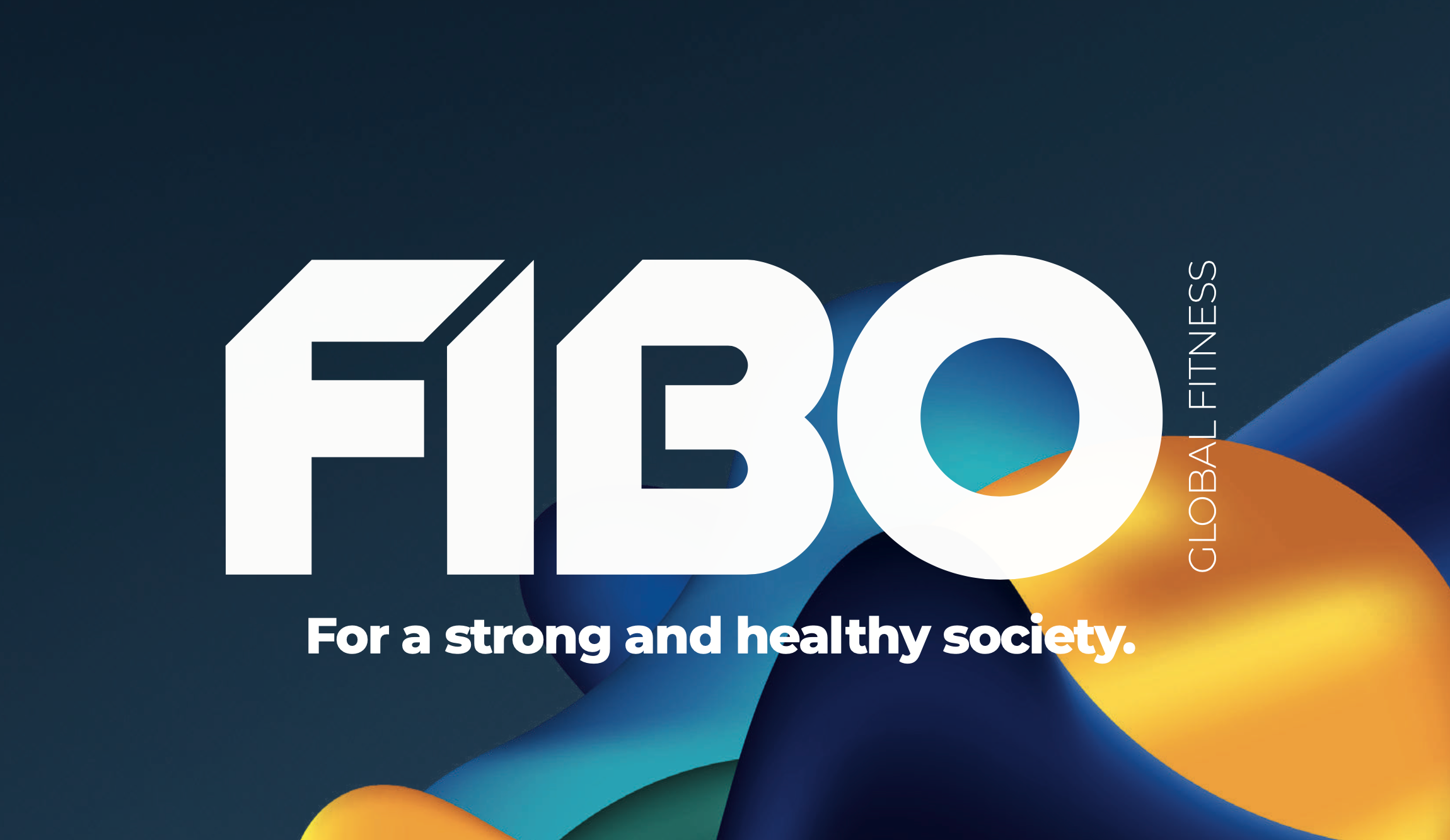As a fitness professional, you’re probably already aware that exercise alone isn’t the key to achieving optimal health and performance for your clients.
To truly unlock their potential, it’s crucial to embrace the perfect duo: nutrition and personal training.
In this comprehensive article, we’ll dive deeper into the importance of incorporating nutrition into your training practice, discuss the benefits of obtaining a nutrition certification, and provide guidance on how to effectively integrate nutrition coaching into your services.
We’ll also explore various strategies for supporting clients in making healthy food choices, monitoring progress, and adjusting nutrition plans.
So, let’s dive right in and elevate your personal training game to new heights!
Understanding the Basics of Fitness Nutrition

To provide the best guidance to your clients, it’s necessary to have a solid foundation in fitness nutrition.
This involves understanding the specific macronutrients (proteins, carbohydrates, and fats), micronutrients (vitamins and minerals), and caloric needs of your clients based on their unique goals, lifestyles, and physical demands.
In addition, it’s crucial to be aware of the latest research on dietary patterns, food quality, and their impact on health and performance.
As a personal trainer , gaining comprehensive knowledge in fitness nutrition allows you to offer tailored guidance that complements your clients’ exercise programs and helps them achieve optimal results.
Moreover, understanding how different nutrients influence the body’s physiological processes, such as energy production, muscle growth, and inflammation, equips you with the tools necessary to optimize your clients’ nutritional strategies, ensuring they receive the maximum benefits from their workouts.
How Nutrition Affects Clients’ Fitness Goals

Nutrition plays an integral role in helping clients reach their fitness goals, whether it’s losing weight, building muscle, or improving athletic performance.
The right nutrition plan can make a world of difference for your clients, as it provides the necessary fuel for their workouts, aids in muscle repair and recovery, and supports overall health.
Furthermore, nutrition can also impact clients’ mental well-being, motivation, and ability to adhere to their fitness plans.
By addressing clients’ nutritional needs, you can accelerate their progress, prevent plateaus, and foster long-term success.
It’s important to recognize that each client is unique and may require a different nutritional approach, depending on factors such as age, gender, body composition, and activity level.
Thus, being able to adapt and personalize nutrition plans is a vital skill for any successful personal trainer.
The Benefits of Providing Nutrition Advice as a Personal Trainer
By incorporating nutrition coaching into your training services, you can offer a more comprehensive and effective approach to helping clients achieve their goals. Some of the key benefits of providing nutrition advice as a personal trainer include:
Enhanced Client Experience
Personalized service: Clients appreciate receiving customized advice that addresses both their exercise and dietary needs, making them feel more supported in their fitness journey.
Improved motivation: Clients who see better results from their combined exercise and nutrition plan are more likely to stay motivated and committed to their fitness program.
Long-term success: Providing clients with the tools to make healthier food choices empowers them to maintain their results long after their training sessions have ended.
Increased Professional Value

Competitive advantage: Offering nutrition coaching sets you apart from other trainers, giving you an edge in the competitive fitness market.
Higher earning potential: As you expand your skillset and provide additional services, you may be able to charge higher rates or attract a broader clientele.
Client retention and referrals: Satisfied clients who see better results from your integrated approach are more likely to stick with your services and recommend you to others.
Ongoing Professional Development

Continued education: Pursuing a nutrition certification or attending nutrition-related workshops and conferences keeps you up-to-date with the latest research and best practices in the field.
Expanded knowledge: Gaining expertise in nutrition allows you to tackle a wider range of client concerns and goals, making you a more versatile and effective personal trainer.
Networking opportunities: Engaging in nutrition-focused education and events can help you get access to fitness networking opportunities. With this, you ll be able to connect with other fitness professionals, nutrition experts, and potential clients, fostering professional growth and collaboration.
How Do You Get a Nutrition Certification?
With the nutrition and fitness coach bundle, you can take your personal training career to new heights, as it equips you with the knowledge and skills needed to help clients reach their goals more effectively. But how do you go about getting one?
Research and Choose the Right Organization

First and foremost, do your research. Find out which organizations offer nutrition certifications and what they entail.
Look for reputable institutions with a strong track record in the industry. Keep in mind that each organization might have a slightly different focus or approach, so it’s essential to find one that aligns with your philosophy and career goals.
Understanding Certification Requirements

Once you’ve narrowed down your options, take a closer look at the specific certification requirements. Most organizations will require you to complete a course or program that covers various nutrition topics.
This may involve online courses , in-person workshops, or a combination of both. You’ll likely need to dedicate a certain number of hours to your studies, so make sure you’re prepared to invest the time and effort required.
Preparing for the Certification Exam

In addition to completing the coursework, you’ll usually need to pass an exam to demonstrate your mastery of the material.
The format of the exam may vary between organizations, but it typically consists of multiple-choice questions, case studies, or a mix of both.
Be prepared to put in some serious study time to ensure you’re ready to ace that test.
Maintaining Your Certification and Staying Current

Once you’ve passed the exam, congratulations you’re now a certified nutrition coach! But don’t stop there.
Staying up-to-date with the latest nutrition research and trends in the personal training industry is crucial for maintaining your expertise and providing the best possible guidance to your clients.
Many organizations will also require continuing education to maintain your certification, so make sure you’re aware of those requirements and plan accordingly.
Exploring Different Nutrition Certification Options
Let’s delve into some of the top nutrition certification options from different organizations, helping you make an informed decision about which program aligns best with your career goals and interests.
American Council on Exercise (ACE)
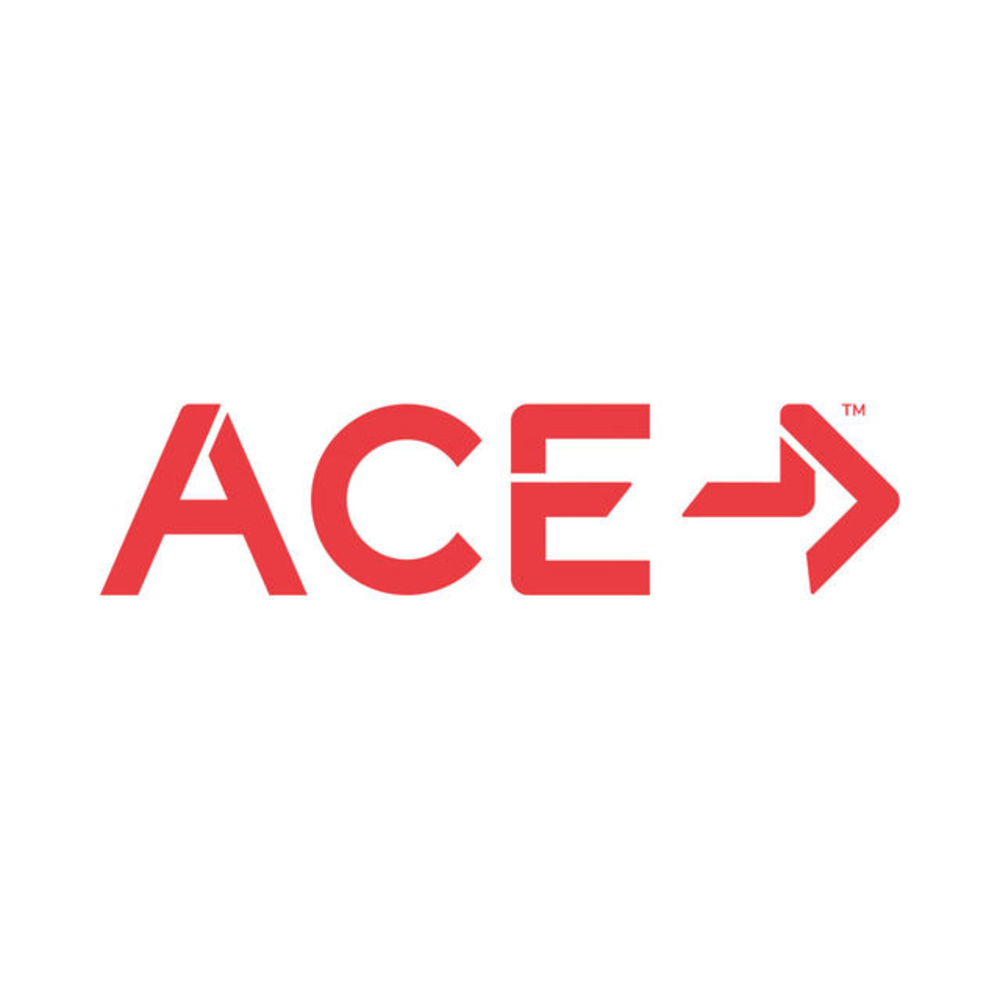
The ACE Fitness Nutrition Specialist program covers essential nutrition topics, including macronutrients, micronutrients, weight management, and special populations.
This fitness and nutrition certification also delves into the psychological aspects of eating behavior, providing certified personal trainers with valuable insights into helping clients navigate their relationships with food.
National Academy of Sports Medicine (NASM)
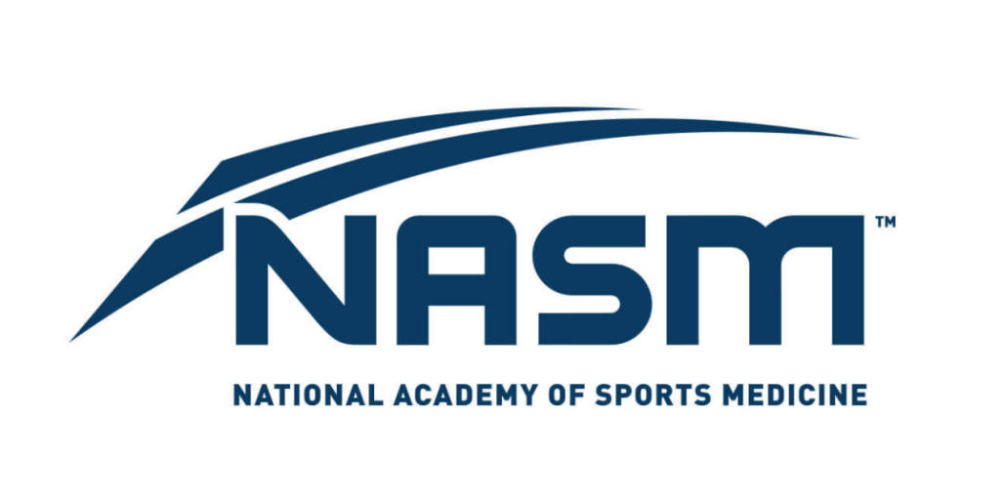
NASM’s Nutrition Coach Certification focuses on a broad range of topics, such as energy balance, macronutrients, hydration, and supplements.
With this nutrition certification, fitness professionals can learn to create personalized nutrition plans for clients based on their unique needs and goals.
NASM also covers managing food allergies and intolerances, as well as strategies for addressing disordered eating patterns.
International Sports Sciences Association (ISSA)
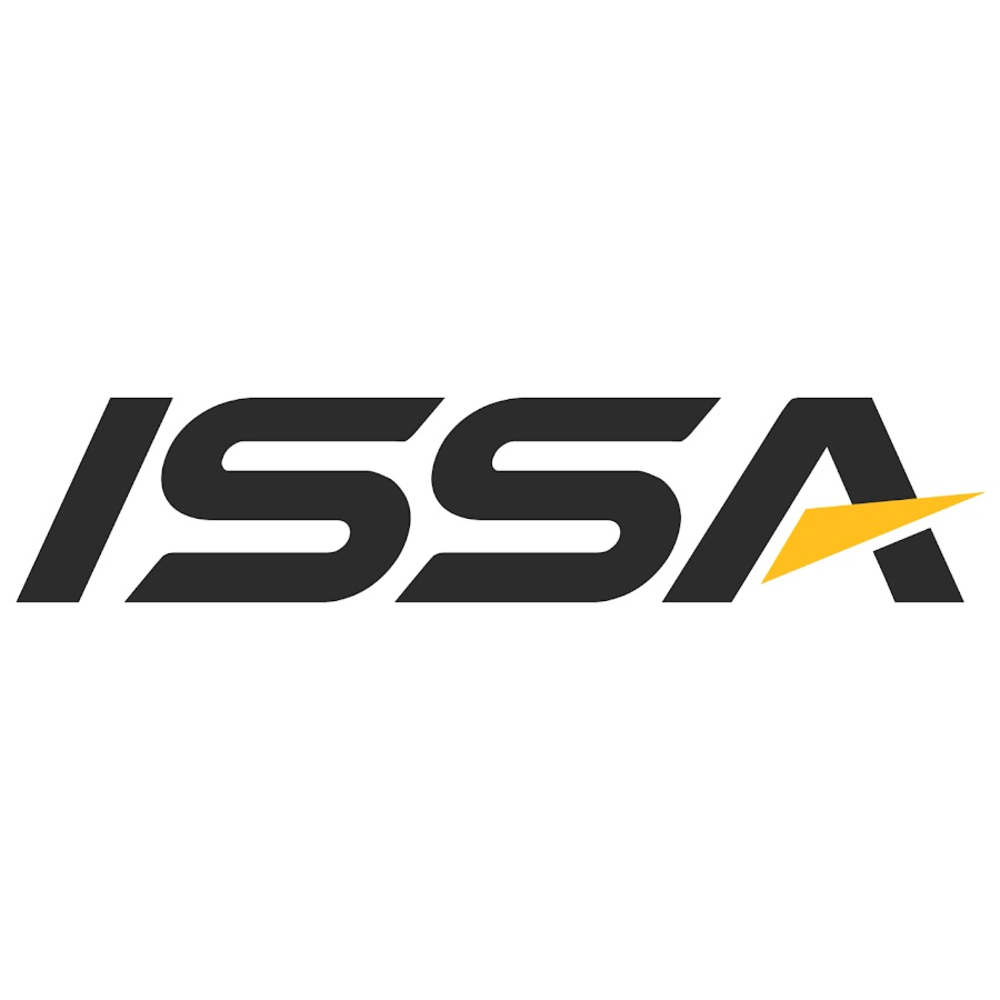
The ISSA Nutritionist Certification teaches personal trainers how to create individualized nutrition plans for clients.
Similar to the Issa personal trainer certification, their program covers various topics, including basic nutrition science, meal planning, supplementation, and sports nutrition.
ISSA’s certification also addresses special dietary considerations for different age groups and health conditions, allowing you to provide tailored nutrition guidance for diverse clients
Precision Nutrition (PN)
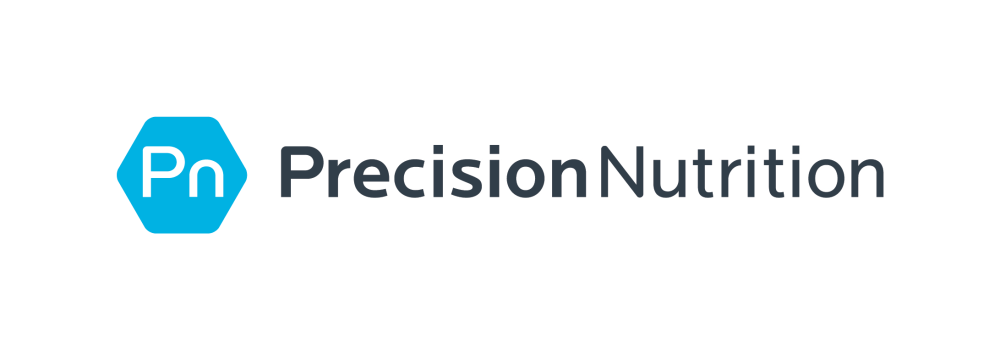
Precision Nutrition has earned a solid reputation in the health and fitness industry for its comprehensive and evidence-based approach to nutrition coaching.
The Level 1 Nutrition Certification offered by them provides in-depth knowledge of nutrition science and practical coaching techniques. The program covers topics such as macronutrients, micronutrients, meal planning, and behavior change strategies.
With a strong emphasis on client-centered coaching and a history of producing successful trainers, Precision Nutrition enables fitness professionals to effectively support clients in making sustainable lifestyle changes and achieving their health goals.
Institute for Integrative Nutrition (IIN)

The IIN Health Coach Certification program is a holistic nutritionist certification where it aims to teach students about a wide range of dietary theories and lifestyle factors that impact health.
While not strictly focused on sports nutrition, the IIN program provides a comprehensive foundation in nutrition principles that can be applied to a diverse clientele.
As a personal trainer, you can benefit from IIN’s holistic approach, which covers not only nutrition but also topics such as stress management, sleep, and environmental factors that affect health.
By incorporating this knowledge into your personal training practice, you can provide clients with a more comprehensive and tailored approach to achieving their health and fitness goals.
Benefits of Getting a Nutrition Certification
Earning a nutrition certification can be a game-changer for you as a personal trainer seeking to enhance your income and make money with fitness . Let’s take a look at the benefits of obtaining a nutrition certification
Enhanced Credibility
Having a nutrition certification from a reputable organization, such as ACE, NASM, or ISSA, demonstrates your commitment to providing comprehensive, evidence-based services to your clients.
This credential can help build trust and credibility in your practice, assuring clients that you have the expertise to guide them toward their fitness goals.
Comprehensive Nutrition Education

Pursuing a nutrition certification not only improves your credibility but also provides you with a solid education in nutrition science.
This knowledge enables you to provide more holistic support to clients, addressing both their exercise and dietary needs for optimal results.
Improved Client Outcomes
As a certified personal trainer who also holds a nutrition certification, you can better support your clients in achieving their fitness goals through tailored nutrition advice.
Clients who follow a well-designed nutrition plan are more likely to experience success, enhancing your reputation as a professional and generating more personal training leads .
Integrating Nutrition Coaching into Personal Training
Let’s explore how you can seamlessly combine nutrition coaching with personal training to create a holistic, comprehensive approach that supports your clients in achieving their health and fitness goals
Assessing Clients’ Dietary Needs and Habits

Initial consultation: Conduct an in-depth interview with your clients to gather information about their food preferences, allergies, dietary restrictions, and previous experiences with nutrition programs. This discussion will help you understand their individual needs and preferences.
Food journaling: Encourage clients to maintain a food journal or use a food tracking app to record their daily food and beverage intake. This will provide valuable insights into their current eating patterns, portion sizes, and nutrient intake.
Identifying barriers and challenges: Discuss any obstacles clients may face in adopting healthier eating habits, such as time constraints, budget limitations, or social pressures. This will help you create a nutrition plan that addresses these challenges and sets clients up for success.
Tailoring Nutrition Programs for Different Fitness Goals

Weight loss: For clients aiming to lose weight, design nutrition plans that promote a calorie deficit while ensuring adequate nutrient intake. Emphasize whole foods, portion control, and mindful eating strategies.
Muscle building: Clients looking to build muscle will require a higher protein intake, along with adequate calories to support muscle growth. Guide protein sources, meal timing, and optimal macronutrient ratios.
Athletic performance: Athletes may have specific nutritional needs depending on their sport and training regimen. Develop customized nutrition plans that address energy and nutrient requirements, hydration, and recovery strategies.
General health and wellness: Some clients may seek overall improvements in their health and well-being. Create nutrition plans that promote balanced, nutrient-dense meals and encourage the adoption of lifelong healthy eating habits.
Supporting Clients in Making Healthy Food Choices

Nutrition education: Teach clients about the basics of nutrition, such as macronutrients, micronutrients, and the benefits of different food groups. This knowledge will empower them to make informed decisions about their food choices.
Meal planning and preparation: Provide guidance on meal planning, shopping for healthy ingredients, and preparing nutritious meals at home. Share meal ideas, recipes, and time-saving tips to help clients integrate healthy eating into their busy lives.
Eating out and social situations: Offer strategies for navigating restaurant menus and making healthier choices when dining out or attending social events. This will help clients maintain their progress even in challenging situations.
Ongoing Monitoring and Adjustment of Clients’ Nutrition Plans

Regular check-ins: Schedule periodic consultations with your clients to review their progress, discuss any challenges, and provide ongoing support and encouragement.
Adjusting meal plans: As clients progress, their nutritional needs may change. Be prepared to update their meal plans to reflect their current goals, preferences, and lifestyle factors.
Tracking progress: Utilize tools like food journals, body composition measurements, and performance indicators to monitor your client’s progress and make data-driven adjustments to their nutrition plans.
Conclusion
Integrating nutrition and personal training is vital for client success, as it allows fitness professionals to provide comprehensive support that addresses both exercise and dietary habits.
This holistic approach ultimately leads to better outcomes for clients and sets them up for long-term success in achieving their health and fitness goals.
This is why it is crucial for fitness professionals to continually expand their knowledge and expertise in the field of nutrition by pursuing certifications and education from reputable organizations.
Staying informed about the latest nutrition strategies and trends ensures you can provide clients with the most effective guidance and support, empowering them to make lasting, positive changes that extend beyond the gym and into their everyday lives.


